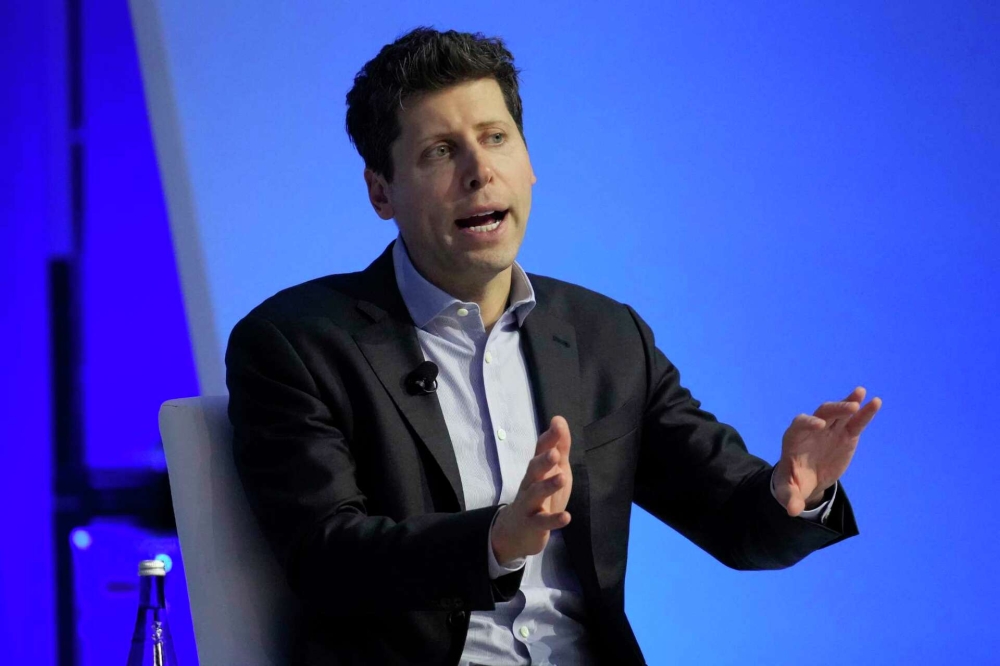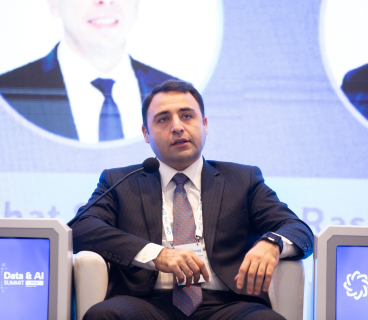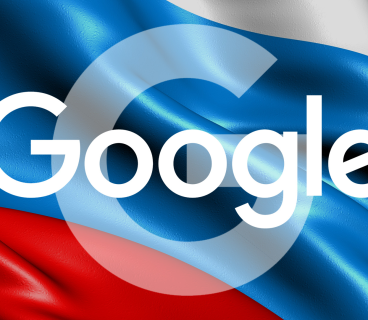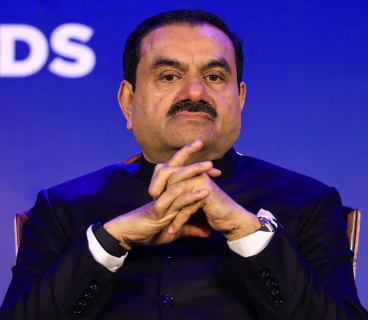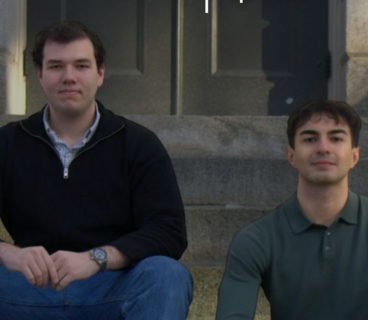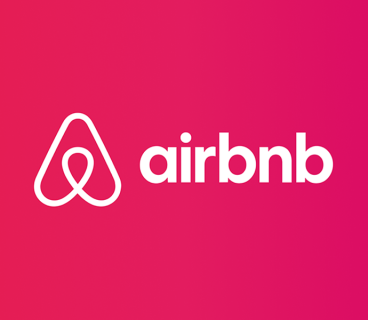OpenAI CEO Sam Altman openly criticized The New York Times during a live tech event this week in San Francisco, expressing frustration over the newspaper’s ongoing lawsuit against his company.
The event was a live recording of the popular tech podcast Hard Fork, hosted by The New York Times columnist Kevin Roose and Platformer’s Casey Newton. Altman and OpenAI COO Brad Lightcap unexpectedly took the stage early and redirected the conversation to the lawsuit filed by The New York Times against OpenAI and its primary partner, Microsoft.
The lawsuit claims that OpenAI illegally used Times articles to train its language models. What concerned Altman most was the legal team’s recent request for OpenAI to preserve user data — including interactions in private mode — from ChatGPT and API services.
“The New York Times has long been a respected media institution. But this request — asking us to retain logs of conversations even when users are in private mode — is something we strongly disagree with,” Altman said.
The podcast hosts refrained from commenting on the matter, stating they are not involved in the lawsuit despite writing for The New York Times.
Altman and Lightcap’s unexpected and assertive comments lasted only a few minutes, but they highlighted the growing tension between tech firms and traditional media.
Over the past few years, several major publishers have sued companies like OpenAI, Google, Meta, and Anthropic for allegedly training AI models on copyrighted content. These lawsuits argue that AI threatens the value — and future — of original journalism.
However, the tide may be shifting. Just days before the event, a U.S. federal judge ruled in favor of OpenAI competitor Anthropic, declaring that using copyrighted books for AI training could be legal in some circumstances. That decision may have emboldened Altman and Lightcap to speak more freely.
Meanwhile, OpenAI faces mounting challenges from competitors. Weeks ago, Altman revealed on a podcast that Meta CEO Mark Zuckerberg has been offering $100 million compensation packages to recruit OpenAI employees for his superintelligence team.
Commenting on this, Lightcap joked:
“I think Zuckerberg believes in superintelligent systems… or maybe just that he is one.”
The discussion also touched on OpenAI’s relationship with Microsoft. Despite years of collaboration, recent reports suggest that tensions have emerged during renegotiations of their partnership.
“In any deep partnership, there are moments of friction,” Altman acknowledged. “But I believe this is a relationship that holds long-term value for both sides.”
Finally, the conversation turned to growing concerns around ChatGPT’s potential misuse, particularly by users with mental health challenges.
Altman explained that OpenAI works to identify and prevent harmful interactions, such as redirecting users to professional help when needed. Still, he admitted:
“We haven’t yet figured out how to get a warning through to someone in a truly fragile mental state.”
The night’s exchange underscored OpenAI’s current reality: juggling legal disputes, fierce talent wars, and the immense ethical responsibility of developing advanced AI.

